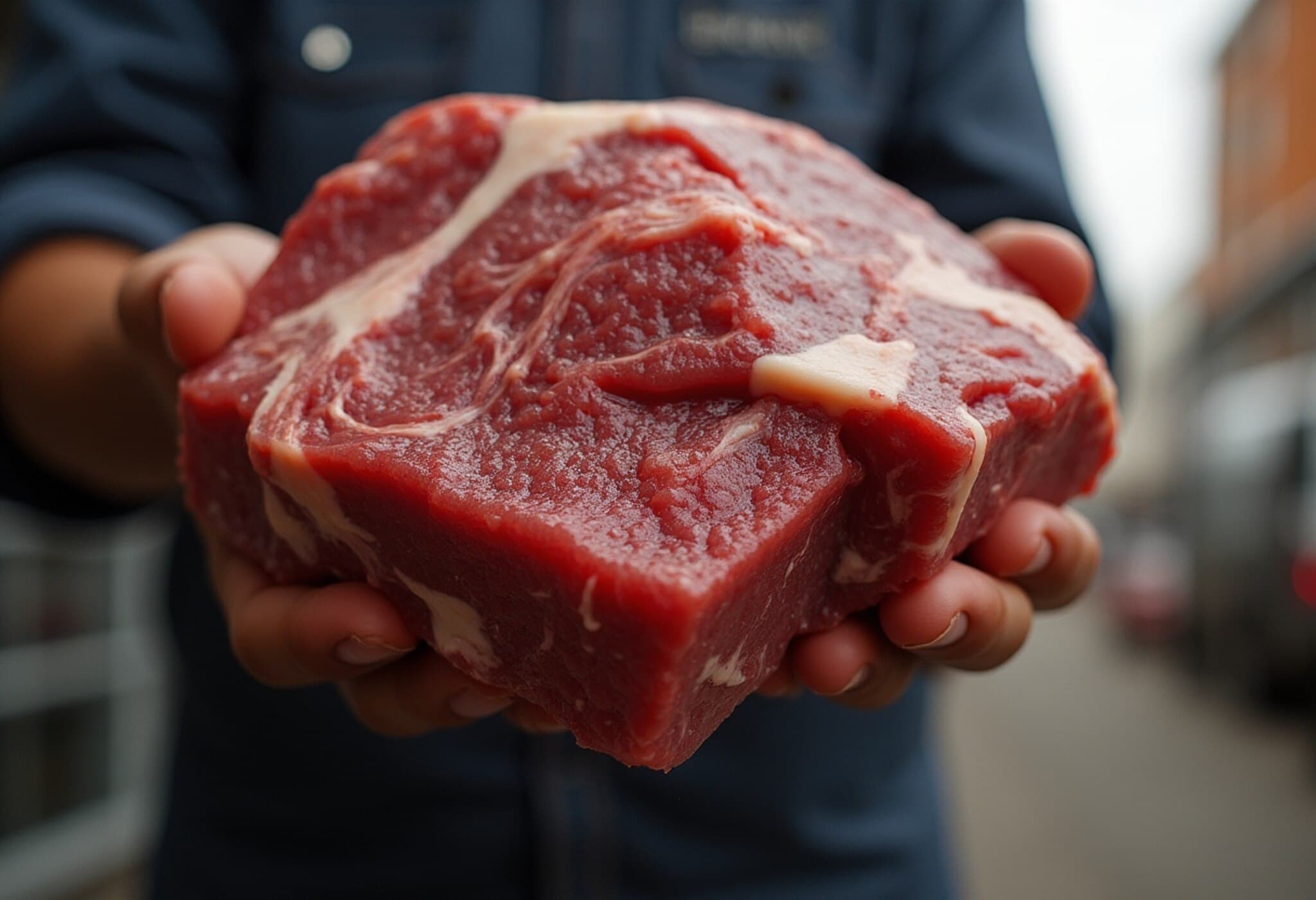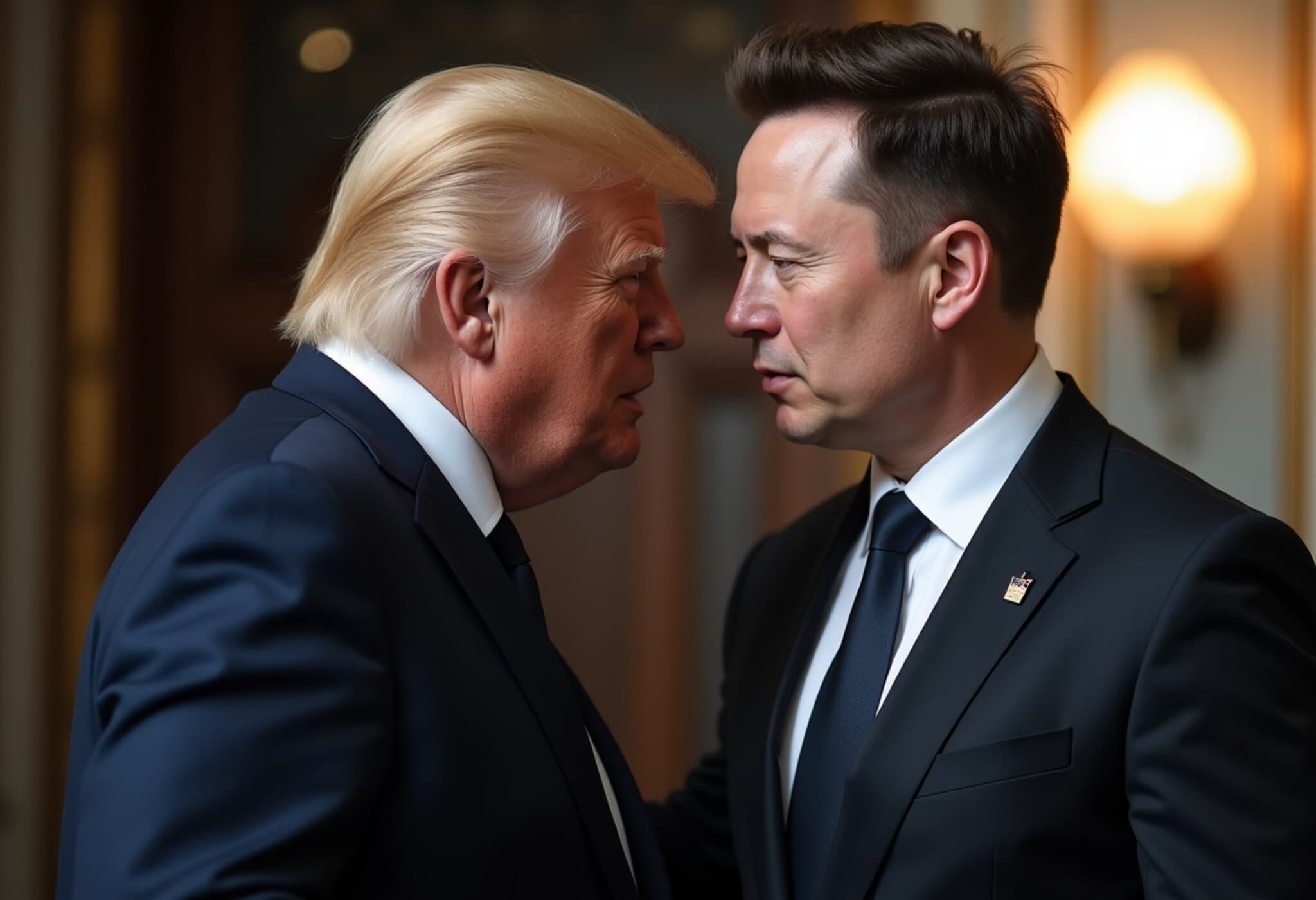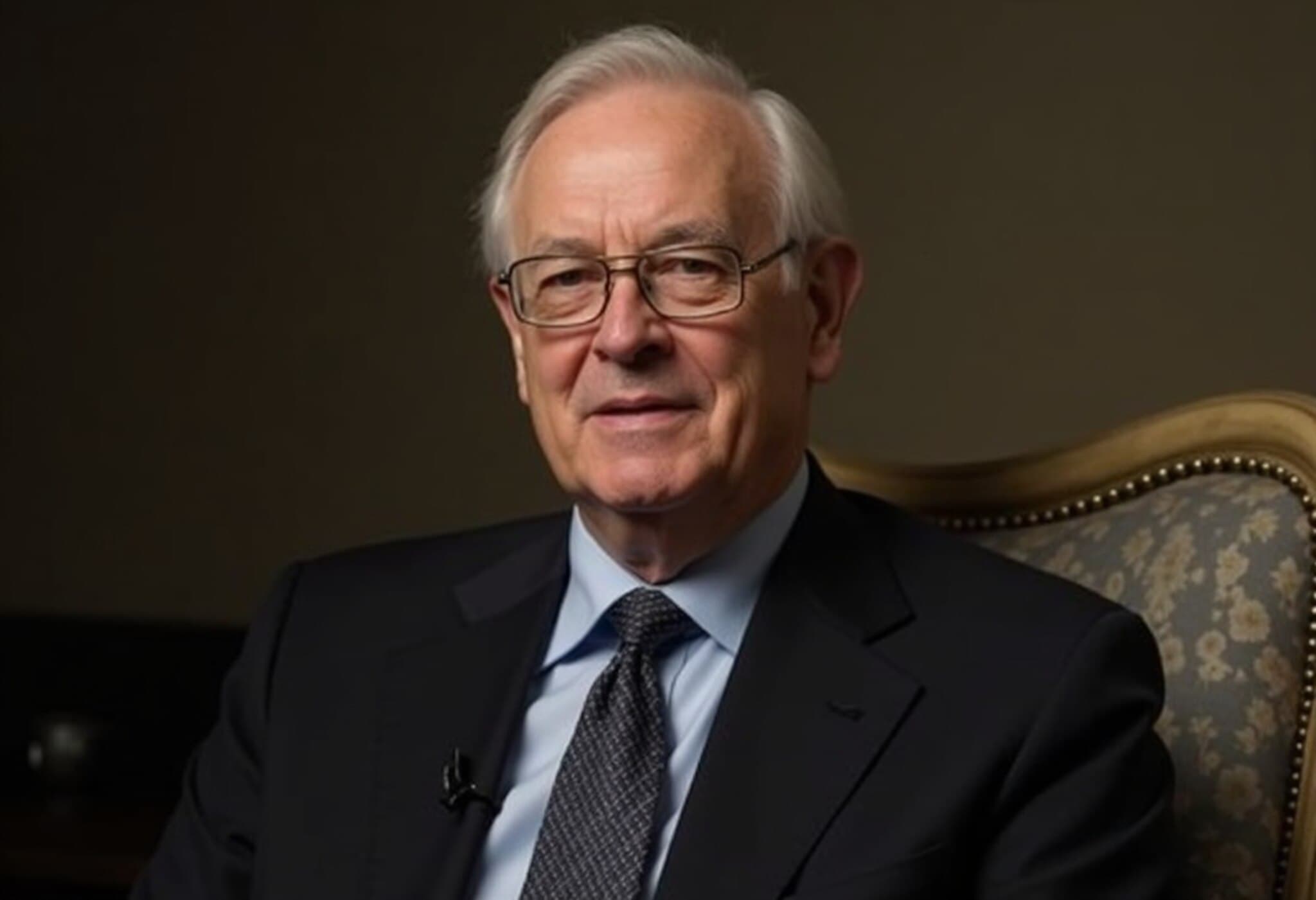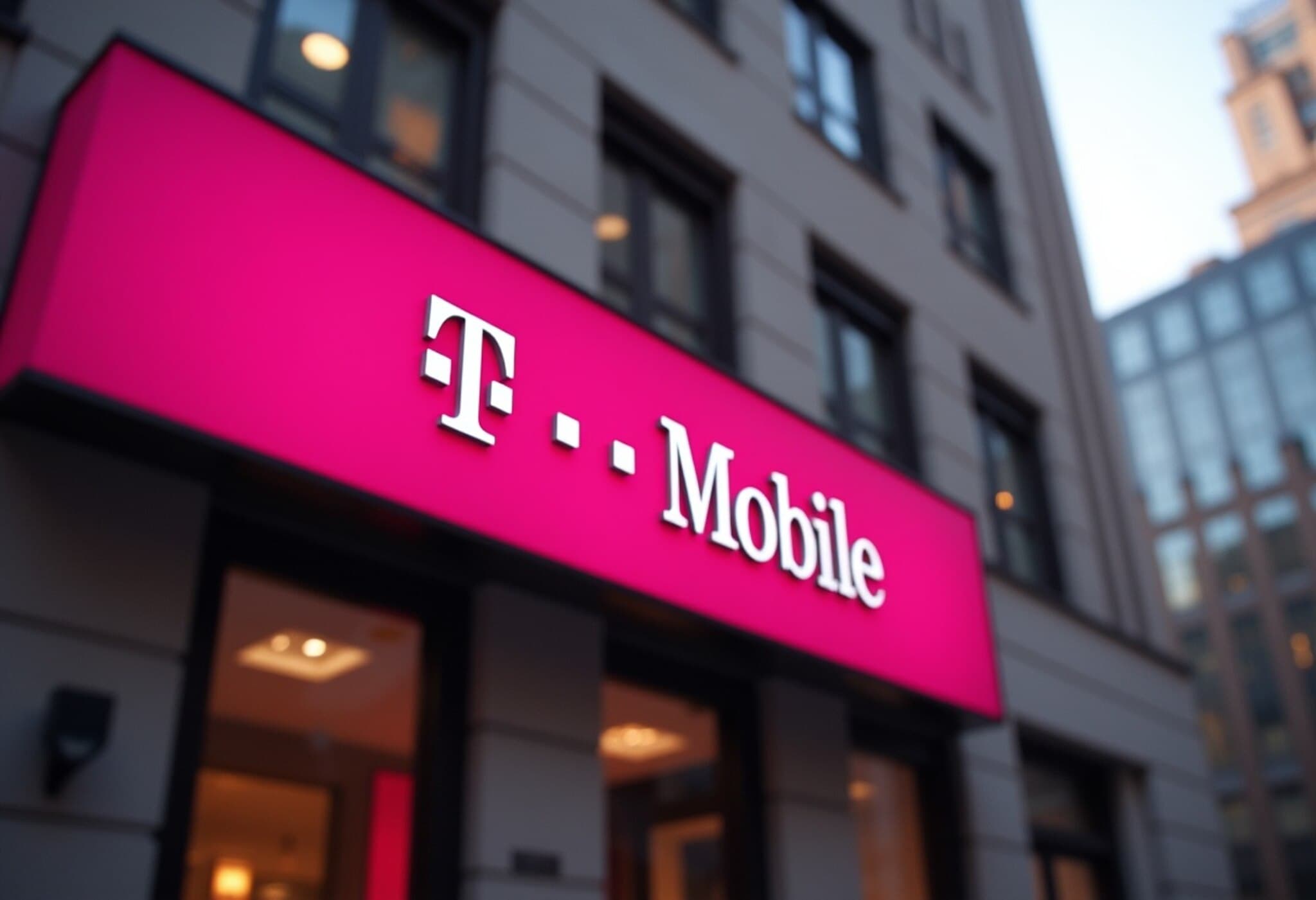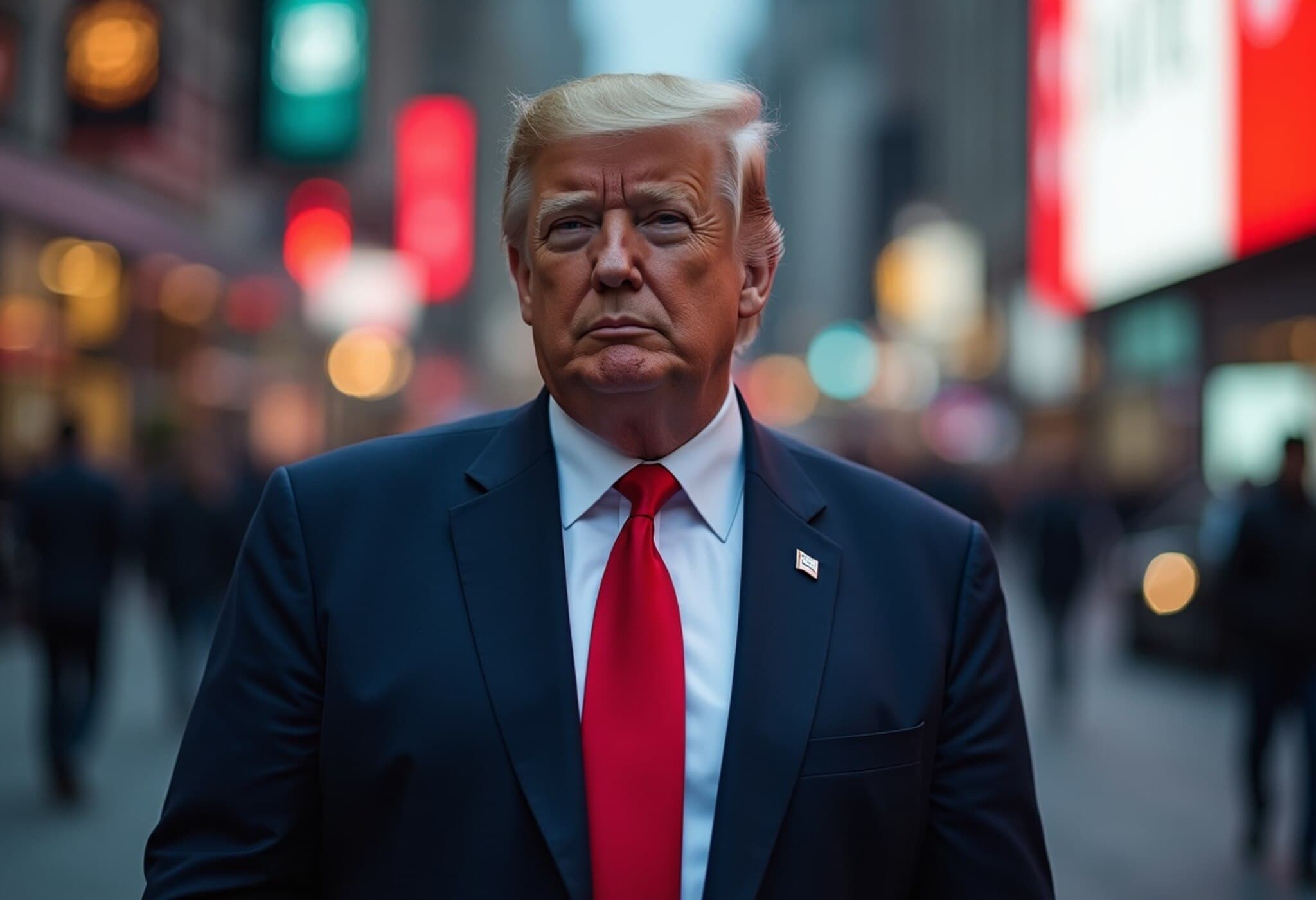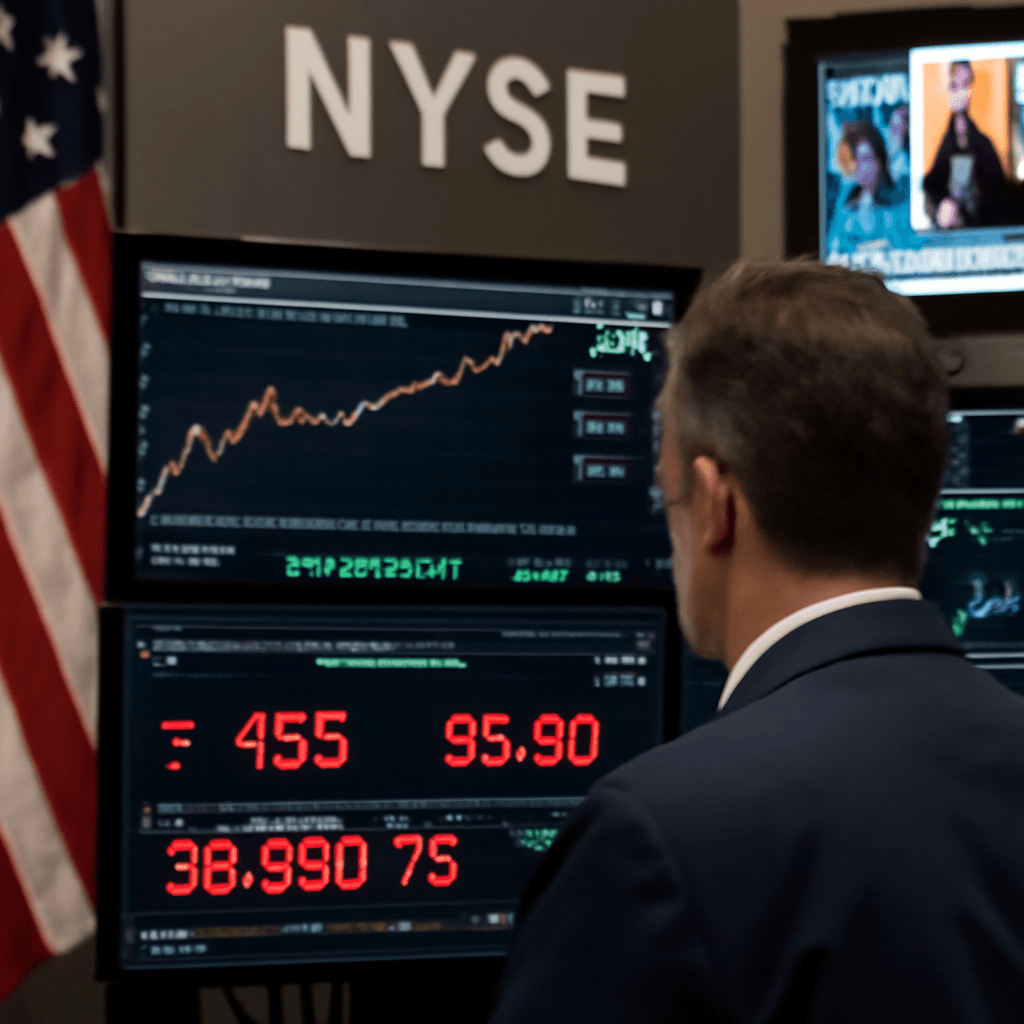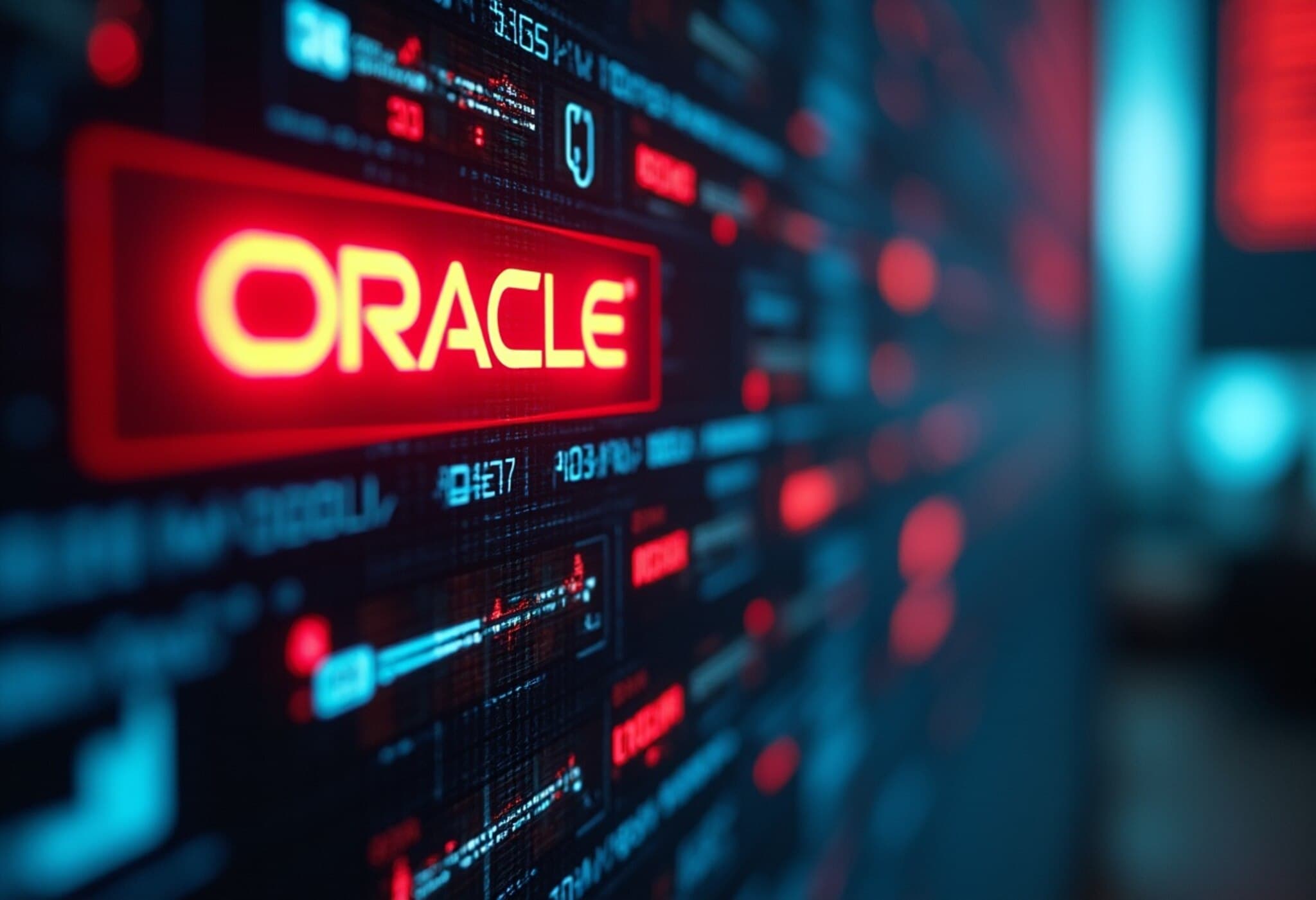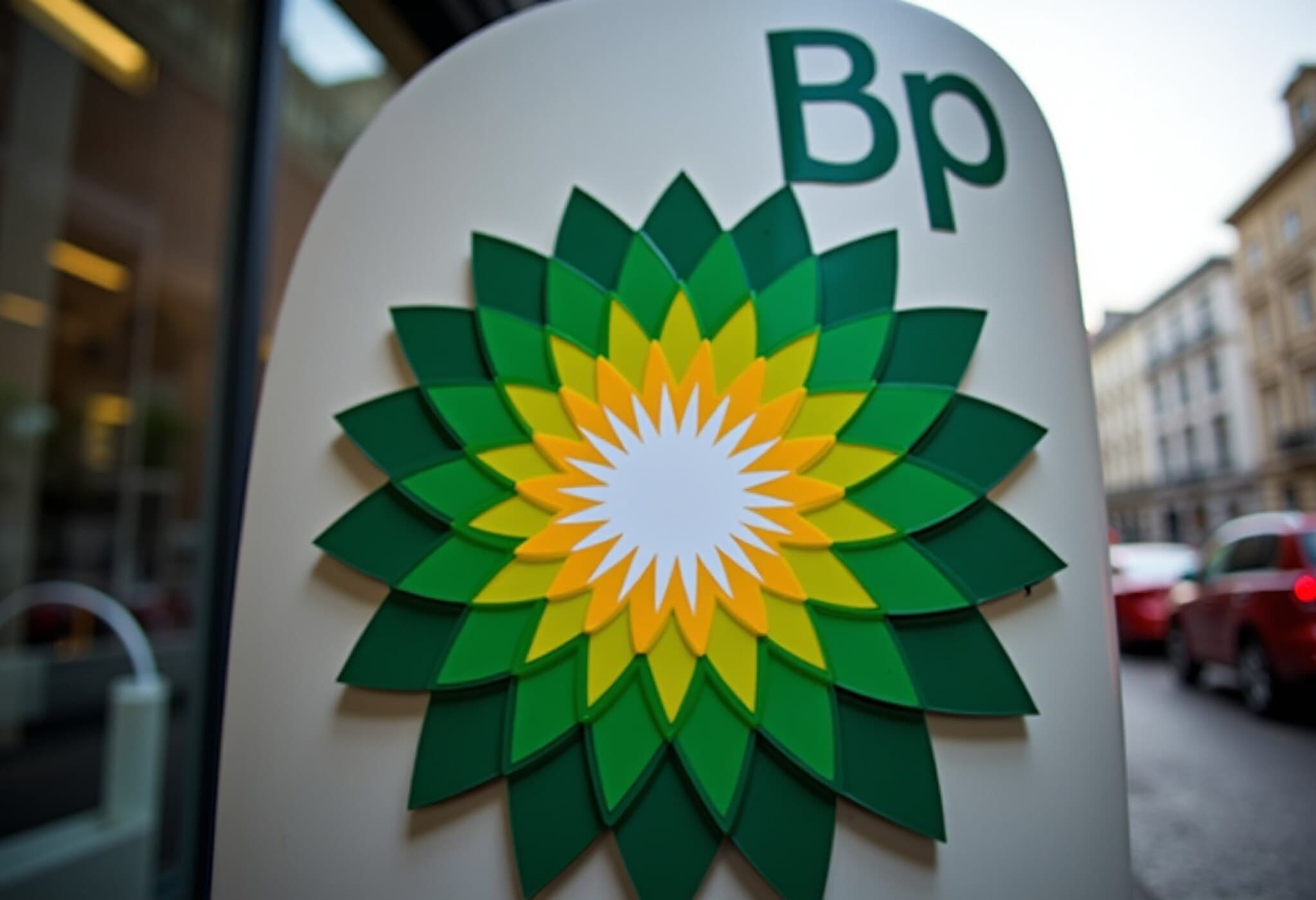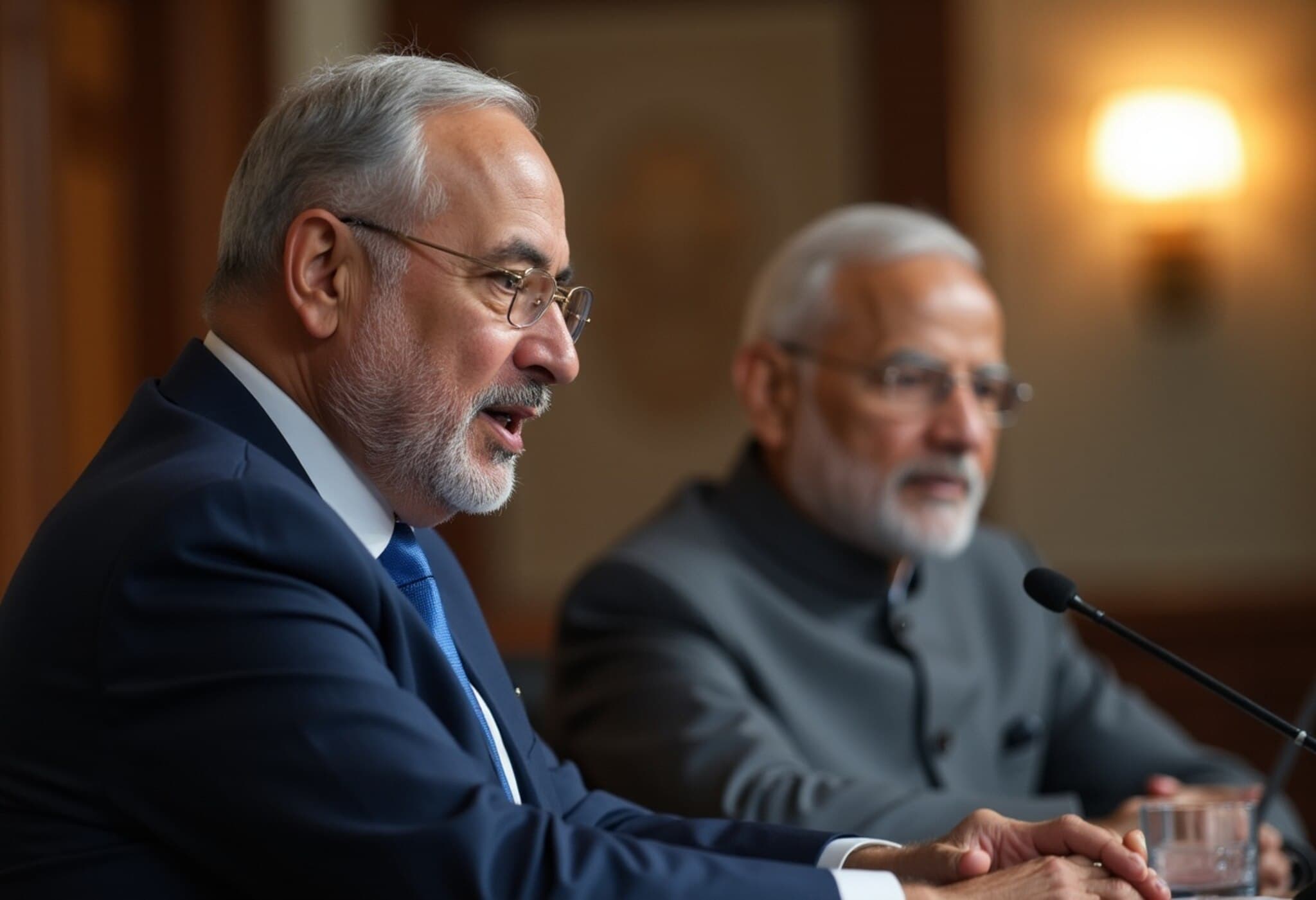JBS Makes a Powerful Entry into the U.S. Stock Market
Brazilian meat processing titan JBS marked its debut on the New York Stock Exchange (NYSE) on Friday, with shares opening at $13.65 each. This initial trading priced the company at an estimated market value of $30 billion, surpassing leading competitor Tyson Foods, which holds a market capitalization near $19.82 billion.
Trading under the ticker symbol "JBS", the company’s public launch in the U.S. came a day later than anticipated after operational procedures delayed its Thursday debut. Notably, the company’s shares were withdrawn from Brazil's Sao Paulo Exchange just a week prior as part of its dual-listing strategy.
A Global Meatpacking Powerhouse
Originating over 70 years ago, JBS has rapidly expanded into the world’s largest meatpacking enterprise. Its 2024 financials reflect this scale, with the company reporting a substantial $77.2 billion in net revenue and a net income of $2 billion.
The business extends well beyond Brazil, possessing significant operations in the United States and Australia. Among its assets, JBS holds majority ownership—over 80%—of Pilgrim's Pride, a leading U.S. poultry producer. This broad footprint reinforces JBS’s influential position in the global protein market.
Complex Journey to the U.S. Market
JBS’s U.S. listing has been years in the making. The company initially planned to go public in the United States back in 2009 but postponed the move twice. A renewed strategy emerged in late 2016 when JBS announced intentions for a U.S. initial public offering (IPO). However, this plan coincided with unfolding Brazilian government investigations into allegations of corruption within the company and its leadership.
Bribery Scandals and Leadership Shake-Up
In 2017, J&F Investimentos—the controlling shareholder of JBS—resolved bribery accusations through settlements. Two prominent executives and top shareholders, brothers Joesley and Wesley Batista, both sons of the founder, escaped prison by siding with prosecutors. Later, in 2020, JBS reached an agreement with U.S. regulators, paying approximately $27 million to settle Securities and Exchange Commission (SEC) charges.
Following these events, the Batista brothers stepped away from J&F but made a boardroom comeback last year after being acquitted of insider trading allegations.
Continued Regulatory Challenges
Legal hurdles have not ceased. In October, the Brazilian government imposed fines on JBS for allegedly sourcing cattle raised illegally on protected Amazon forest land, drawing fresh criticism. Combined with its history of corruption allegations, these issues have fueled skepticism among U.S. lawmakers, casting doubts on regulatory approvals for its market entry.
Political Contributions and Strategic Positioning
Ahead of the recent U.S. presidential inauguration, Pilgrim’s Pride, JBS’s American subsidiary, emerged as the single largest donor to the president’s inauguration committee. The company emphasized its long-standing bipartisan engagement in civic processes and expressed eagerness to collaborate with the new administration.
Approval and Narrow Shareholder Support
Despite setbacks, the SEC granted permission for JBS’s U.S. listing in April, and shareholders endorsed the move by a slim margin the following month. This dual-listing effort now positions JBS to capitalize on a broader investment base and increased market visibility.
Looking Ahead
JBS’s successful U.S. debut marks a significant milestone for the company on its path to becoming a truly global meat industry leader. Yet, the company continues to navigate a complex web of regulatory scrutiny and reputational challenges that will shape its trajectory in the years ahead.

